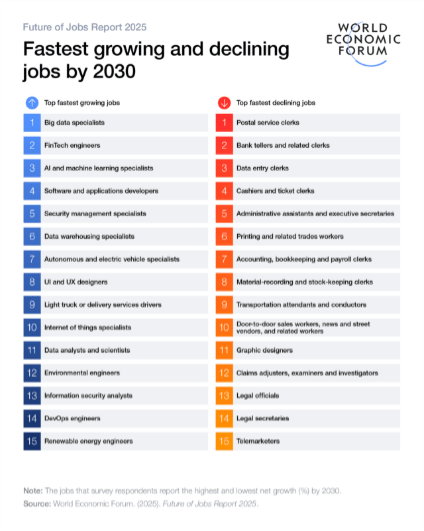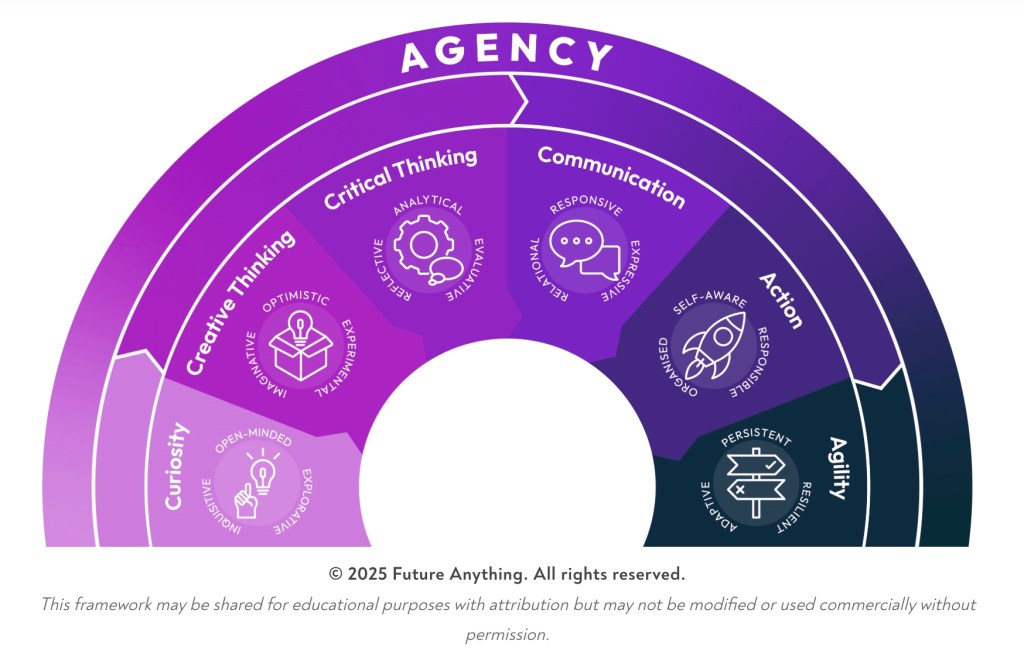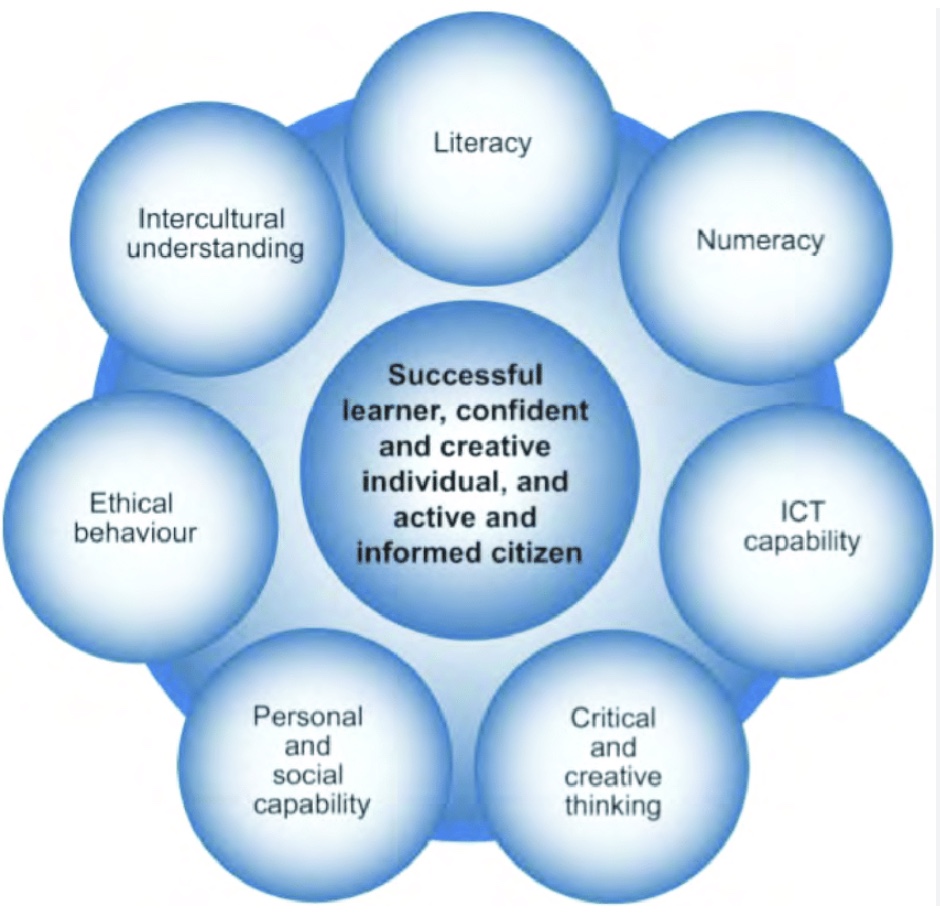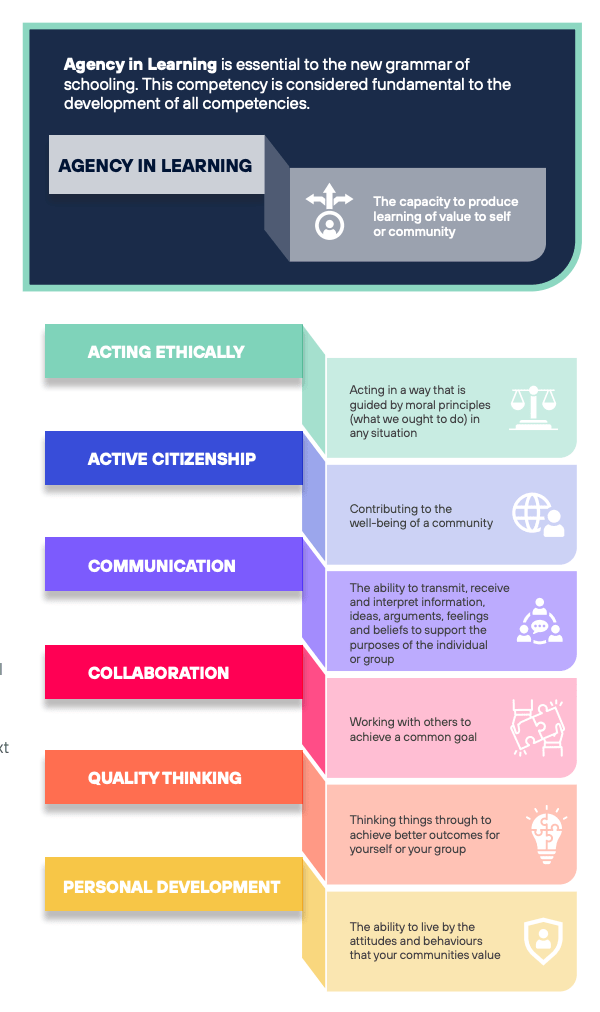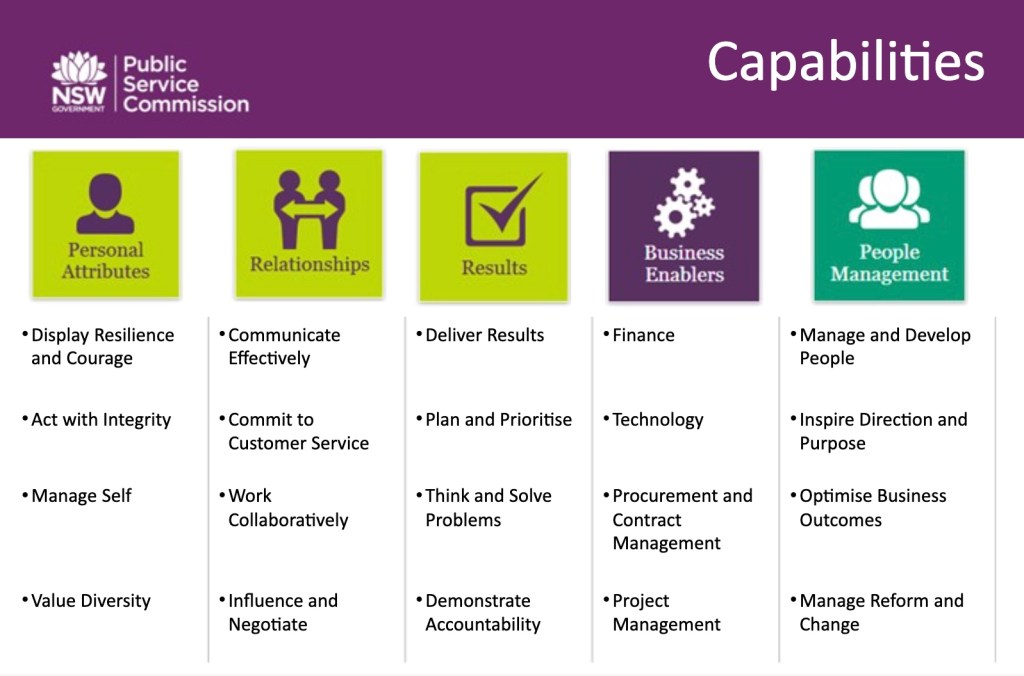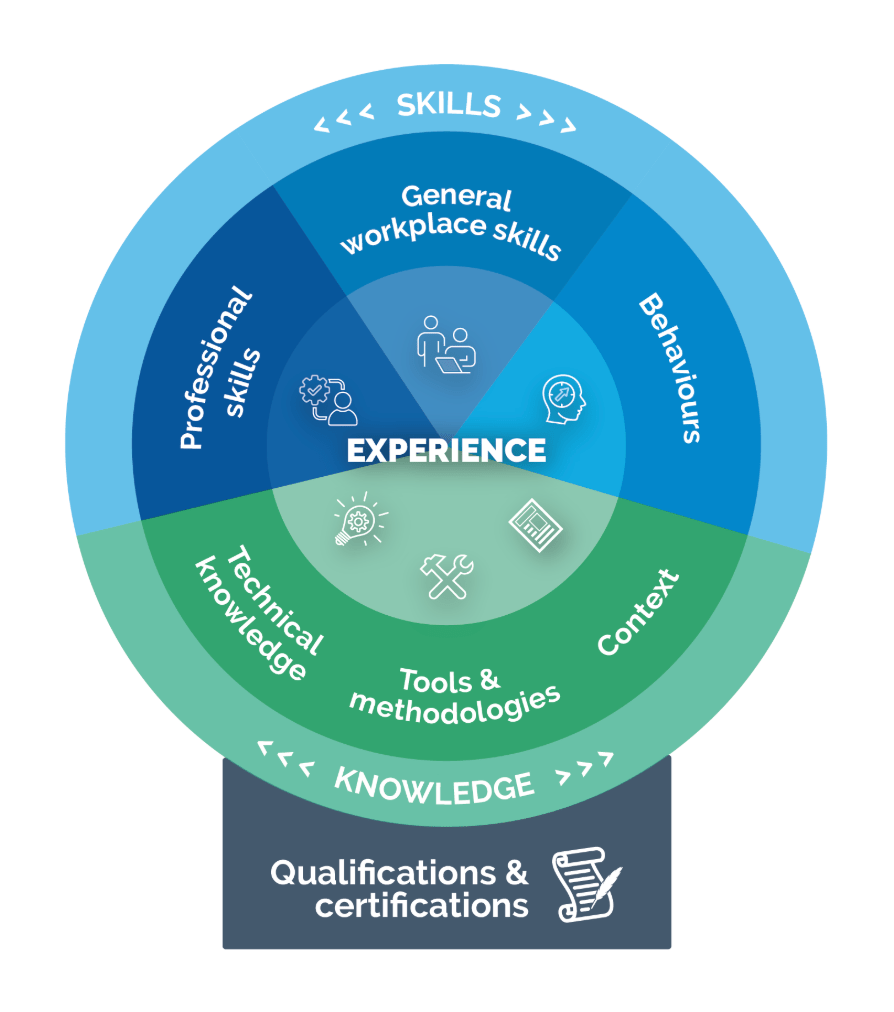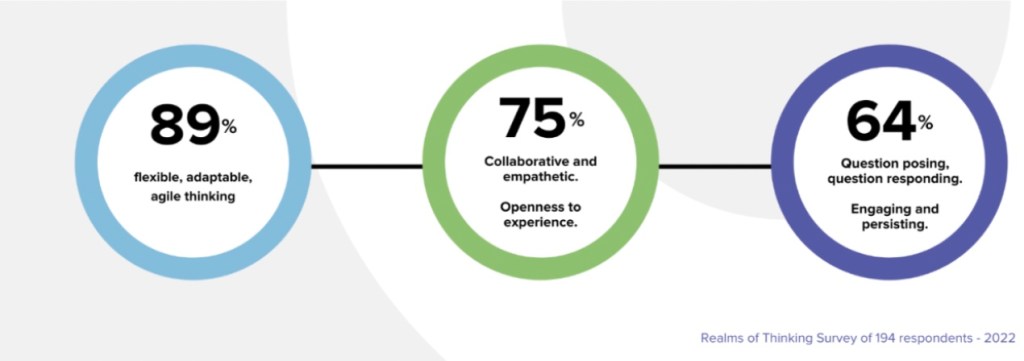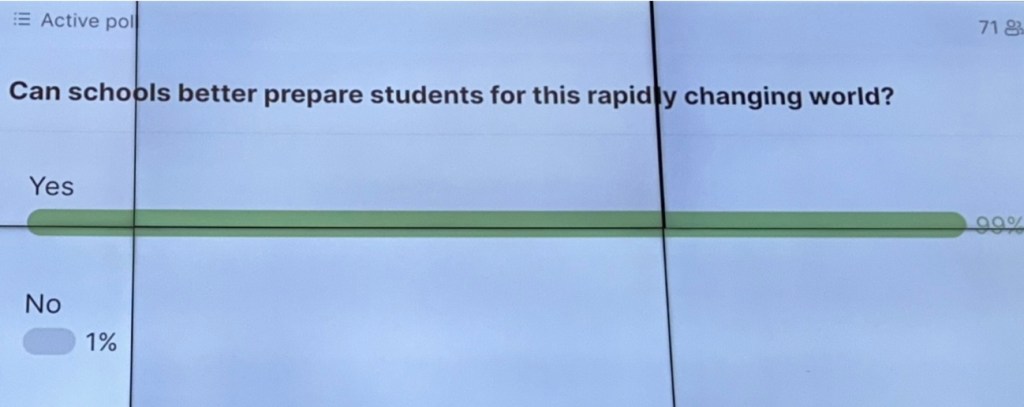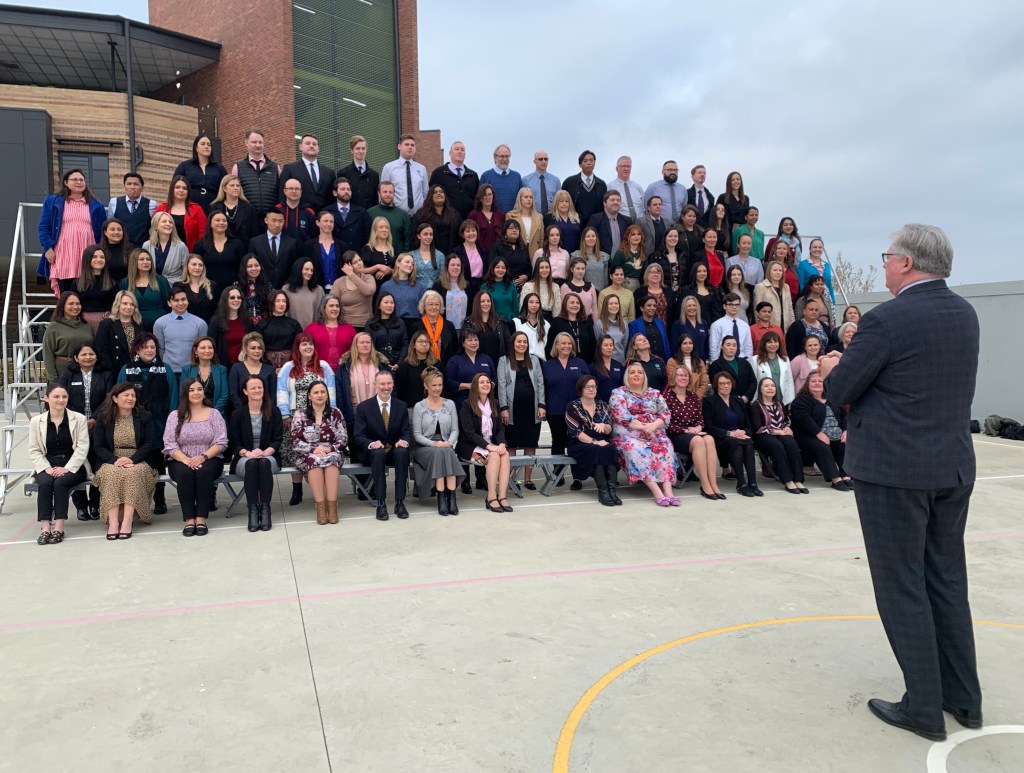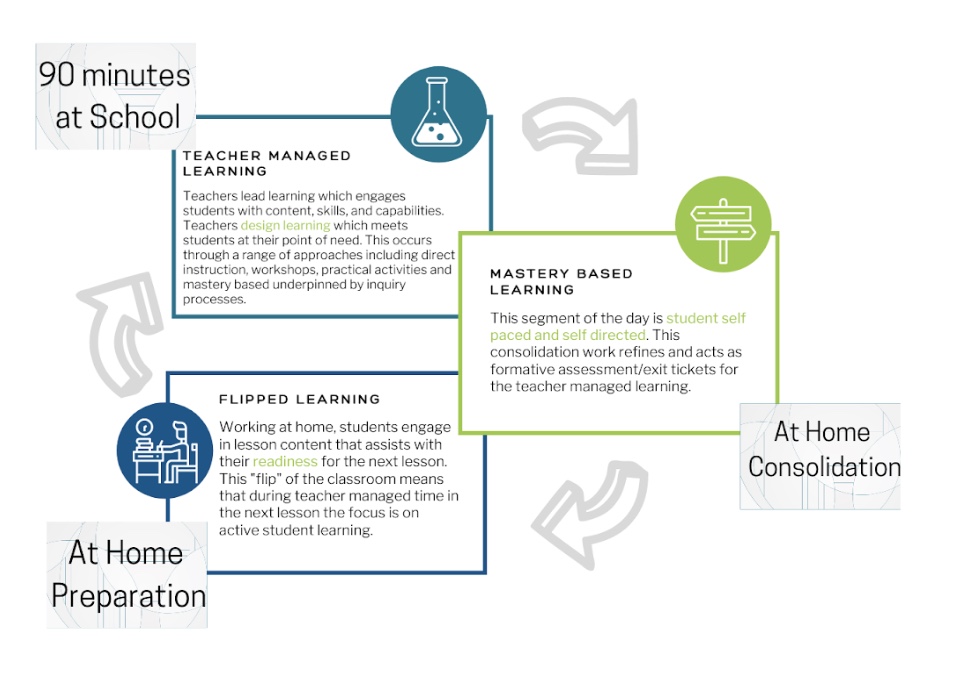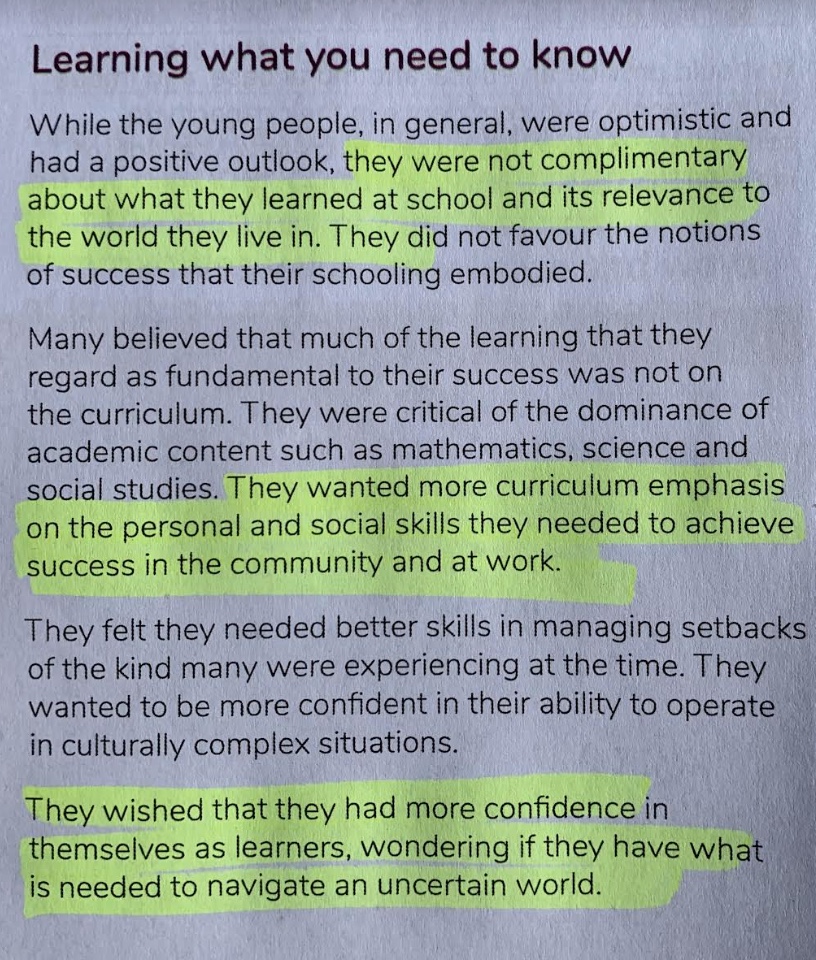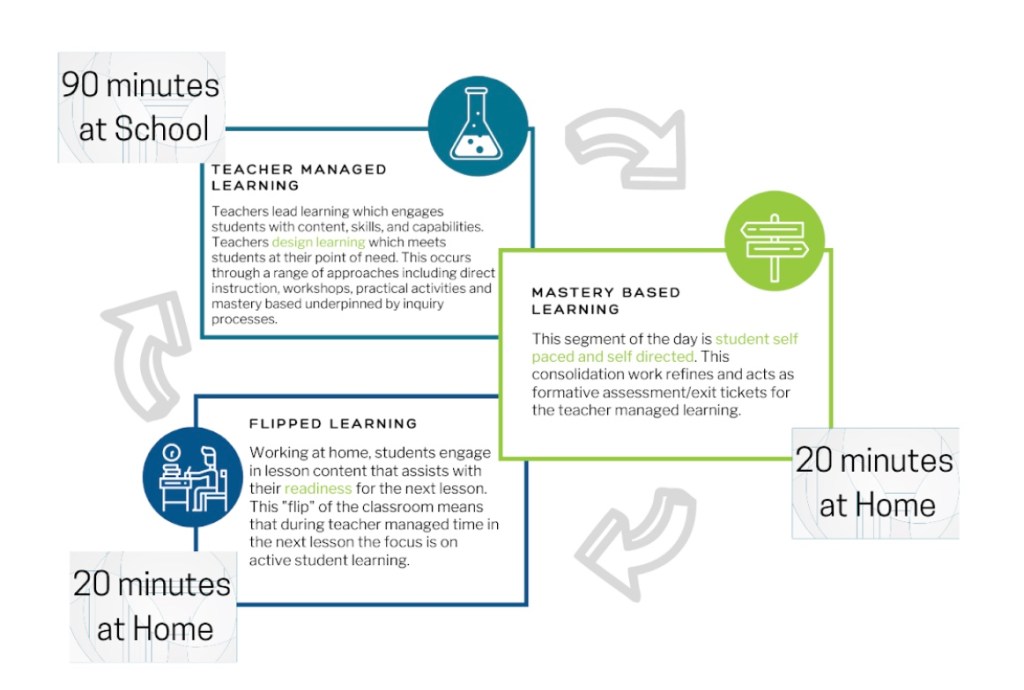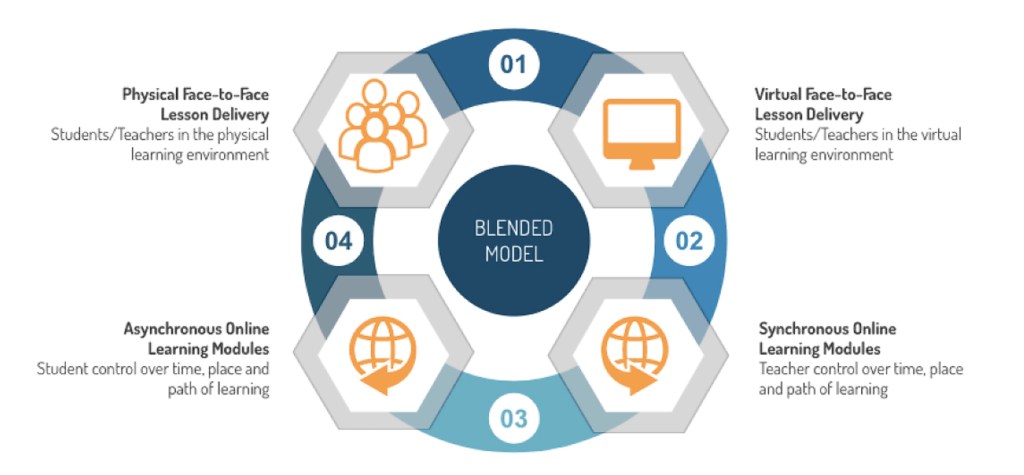Listening to ‘Leading in an AI World‘ from the the Empowering Leaders podcast with Luke Darcy (Aleda) is what sparked this post, a post which has been AI assisted in its construction, albeit after about 6 hours of human effort!
Whilst listening to ‘Leading in an AI World‘, I was struck by a recurring theme: as artificial intelligence accelerates, the essence of leadership is being redefined. The conversation featured respected voices from people in fields of technology, diplomacy, human performance, and futurism. Collectively, they offered a positive message that AI does not mean the end of humanity; it’s an invitation to rediscover what makes us human. Although, I felt the messaging from one or two inferred that we do need to be careful.
At one stage through the podcast I recall former Google executive Jeremy Kodomichalos saying…
intelligence is being re-written”.
It jolted. And for leaders in business, industry and in education, it changes the game. However, Jeremy also encouraged leaders to be curious by saying, “The most important skill is learning to ask better questions, and then challenge the answers we get.“
In an era where machines can process data faster than we can blink, the differentiator between humans is no longer knowledge; it’s curiosity, critical thinking, and the courage to interrogate assumptions. Dan Rutstein, a former British diplomat, added a timeless truth…
no matter how powerful the technology becomes, it cannot replace the power of human connection.”
For those of us in leadership, in fact all of us, we need to be committed to seeing AI as a tool, not a threat. Adam Driussi, CEO of Quantium, reinforced that theme by sharing how he uses AI tools like Claude for strategic thinking, coaching, and research. Imagine preparing for a difficult conversation with the help of an AI coach. Adam argues It’s not about outsourcing leadership, it’s about enhancing it. Leadership in an AI-driven world isn’t about competing with machines; it’s about understanding how it can complement our job, not replace it.
To complement a leader’s ability to effectively utilise AI we need to use it, wrestle with it and fail with it, all so we can better understand it. Dr Ben Hamer, a leading work futurist, reminded us that, “AI literacy is huge, particularly as you get more senior.” In fact, he mentioned a Chinese company recently appointed an ‘AI CEO’ (my research suggests about 2 years ago) , and“it’s outperforming the market”. Whilst the reality, not just the concept of an AI bot acting as a CEO is challenging to say the least, it reinforces something I deeply believe – understanding AI isn’t optional; it’s essential.
Andy Walshe is a global human performance expert. His company focuses on high-performance training that amplifies human attributes because they’re what machines can’t replicate. As part of the podcast, Andy introduced a paradox: the evolution of AI gives us the chance to “double down on human capabilities.” Courage, empathy, compassion, creativity, wisdom, these aren’t just soft skills; they’re becoming foundational skills.
Dr Julian Treasure echoed Sir Ken Robinson’s famous TED Talk: “We teach children out of curiosity, confidence, and creativity.” If knowledge is no longer the differentiator, he argues that education must pivot and fast. Future-fit organisations, as he calls them, and individuals need to ask: “What skills will help us navigate disruption, adapt, and stay ahead of the curve?” The answer? Two buckets:
- AI Literacy: Understanding and leveraging technology.
- Human Skills: Empathy, emotional intelligence, collaboration, critical thinking.
The most confronting provocation came from Brad Harrison, a venture capitalist and national security innovator, provided and insight into life in 2050 consisting of humanoids powered by AI taking over jobs and domestic duties and asked the provocative questions: “What does our human purpose look like in 2050?” It’s a question worth wrestling with now.
My Reflection: A New Renaissance?
As I listened to world leading thought leaders, I couldn’t shake the feeling that we’re at a pivotal moment in history, akin to the Renaissance or the dawn of the Industrial Age. However, technology advancements and their accelerated impact on work and life is occurring at a far greater rate than previous transformative periods of world history.
For those of us privileged to be in education at this time, it reinforces the need to explicitly teach and assess University of Melbourne’s New Metrics complex competencies; they being:
- Acting Ethically
- Active Citizenship
- Agency in Learning
- Communication
- Collaboration
- Quality Thinking
- Personal Development
It prioritises the need for students to better understand their strengths, interests and motivations, their SIM. myDesign Education is passionate about each secondary school student knowing who they are and what they can do so they can find their place in the world.
Finally, I walk away with a metaphor to, as Jeremy Kodomichalos encourages us to…
be that leader who looks around corners.”
Also, I have the option for my next book read to be ‘AI Needs You‘ written by Verity Harding. Furthermore, I have the option to explore IBM’s free course on asking better questions of AI.
I’d love to hear your thoughts.
Regards
Greg
Some links to artefacts which were referenced in the podcast.
- Class
Prompt Engineering for Everyone (IBM Skills Network) - IBM’s introductory prompt engineering course (alternative, free on edX)
Introduction to Prompt Engineering (IBM on edX) - Sir Ken Robinson’s classic TED Talk
Do schools kill creativity? | Sir Ken Robinson (TED) - Book recommendation: AI Needs You by Verity Harding (Princeton University Press)
AI Needs You — How We Can Change AI’s Future and Save Our Own

